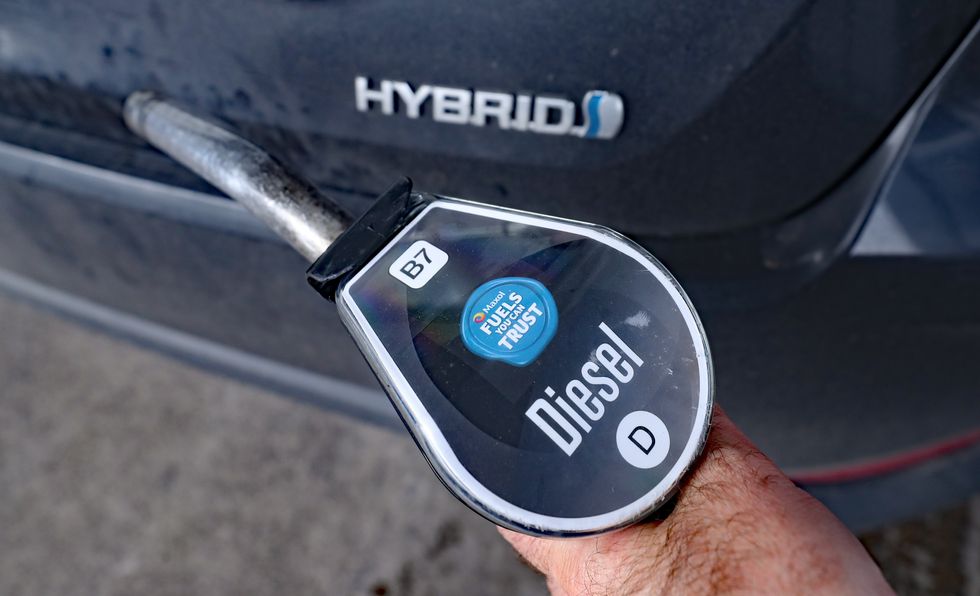Mechanic issues urgent warning to millions of diesel drivers as they risk 'ruinous' engine problems

Experts have urged motorists to check the instructions before adding additives
Don't Miss
Most Read
Latest
Diesel drivers have been issued an urgent warning from mechanics that they could be harming their engines with commonly used fuel additives.
There are estimated to be around 11 million diesel vehicles on the road across the UK, with some of these drivers using fuel additives or system cleaners to ensure their car continues to run efficiently.
Many may use so-called "regeneration" aids to help clear a partially blocked diesel particulate filter (DPF) if it is compromised by soot.
However, experts are warning that drivers may encounter further problems with their vehicles in the event that they do not follow proper instructions for use.
Do you have a story you'd like to share? Get in touch by emailing motoring@gbnews.uk

Drivers are being urged to ensure they are careful when adding additives to their vehicles
|GETTY
Diesel particulate filter additives can work efficiently in helping to remove soot from internal components, although some work better than others.
Experts from GEM Motoring Assist stated that additives containing iron are not as effective as more expensive additives, which typically contain cerium-based ingredients.
In the event that someone uses a DPF additive and the blockage remains, drivers are encouraged to take their vehicle to the garage and have it repaired.
They are also encouraged to inform the mechanic working on the vehicle about what additive was used to ensure the garage has a better idea of how to treat the issue.
Drivers should always choose additives that align with the needs of their car. For example, some additives are used as preventative measures, while others are marketed at low-mileage vehicles.
An expert from GEM suggested: "Others are designed for light engine oil blockages. Read the instructions and align the product with what you are trying to achieve.
"Never blend additives or double-up dosings, believing that more additives will yield superior results. Doing so could be ruinous."
In the vast majority of cases, additives should only be added to a full tank of fuel, as it makes it easier to burn the soot inside the DPF.
This could have disastrous consequences for the health of the engine as the internal structure of the filter can melt.
In more serious circumstances, the DPF's exterior could dissolve, which could cause hotter particles to fall out. GEM warn that this could cause a vehicle fire.
Diesel drivers are currently benefitting from some of the lowest fuel prices over the last two years, with an average cost of just 139.03p per litre.
RAC Fuel Watch data suggests that diesel, as well as petrol, super unleaded and premium diesel, should all see prices fall sharply in the near future.
LATEST DEVELOPMENTS:
- DVSA announces new plans to tackle driving test problems offering lifeline to 1.6 million drivers
- Car finance scandal risks sparking fury as lender rejects driver complaints of harm - 'We haven't had evidence!'
- UK drivers risk being slapped with unpaid traffic fines as EU countries can request DVLA data after 'reset'
 Diesel cars have been picking up in the used car market | PA
Diesel cars have been picking up in the used car market | PADrivers should ensure they are filling up before they set off on a long journey, as diesel could cost them a staggering 163.69p per litre at motorway service stations.











